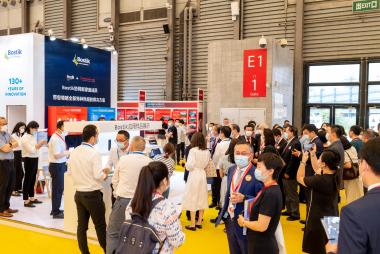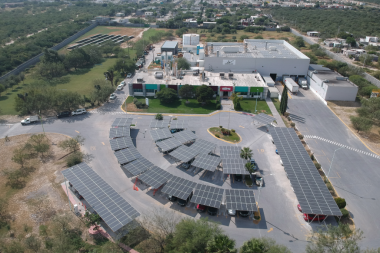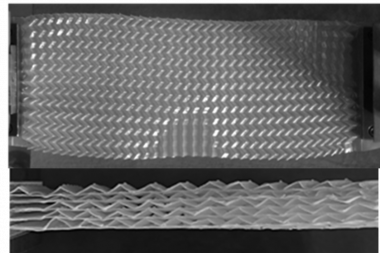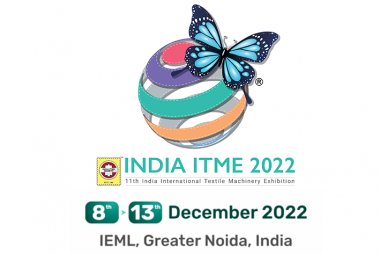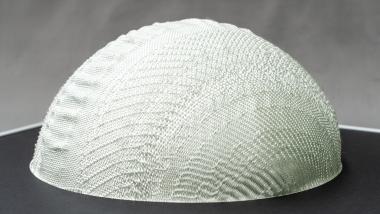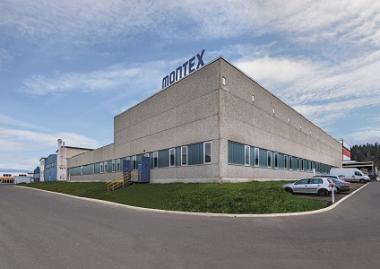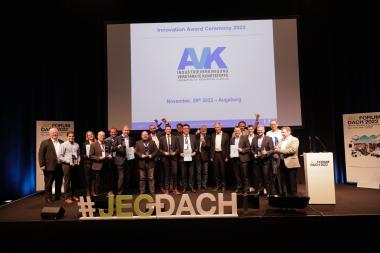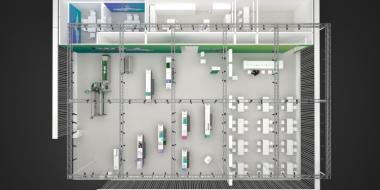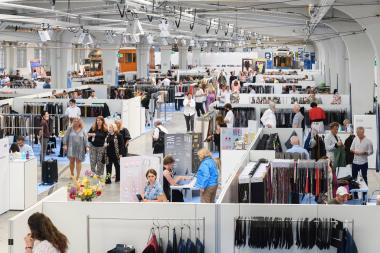INDA: Mark Snider as Chief Market and Industry Analyst
INDA, the Association of the Nonwoven Fabrics Industry, has named Mark Snider to the position of Chief Market and Industry Analyst. Snider brings more than 30 years of nonwovens & engineered materials expertise with a strong background in market and industry analysis at both the macroeconomic, industry and segment level.
Before starting his consulting firm sixteen years ago, he supported three divisions as Technical Marketing Manager for Nordson Corporation, and as European and Latin American Regional Manager for J&M Laboratories.
Snider’s industry knowledge, and extensive network combined with his research and analytical skills will provide decision-making data, reports, and presentation to INDA members and the industry.
Snider will expand upon INDA’s membership outreach and research initiated by MaryJo Lilly, INDA’s Market Intelligence Leader, to realize INDA’s new vision for industry intelligence. Lilly will continue to assess strategic market research initiatives and special projects.
INDA





